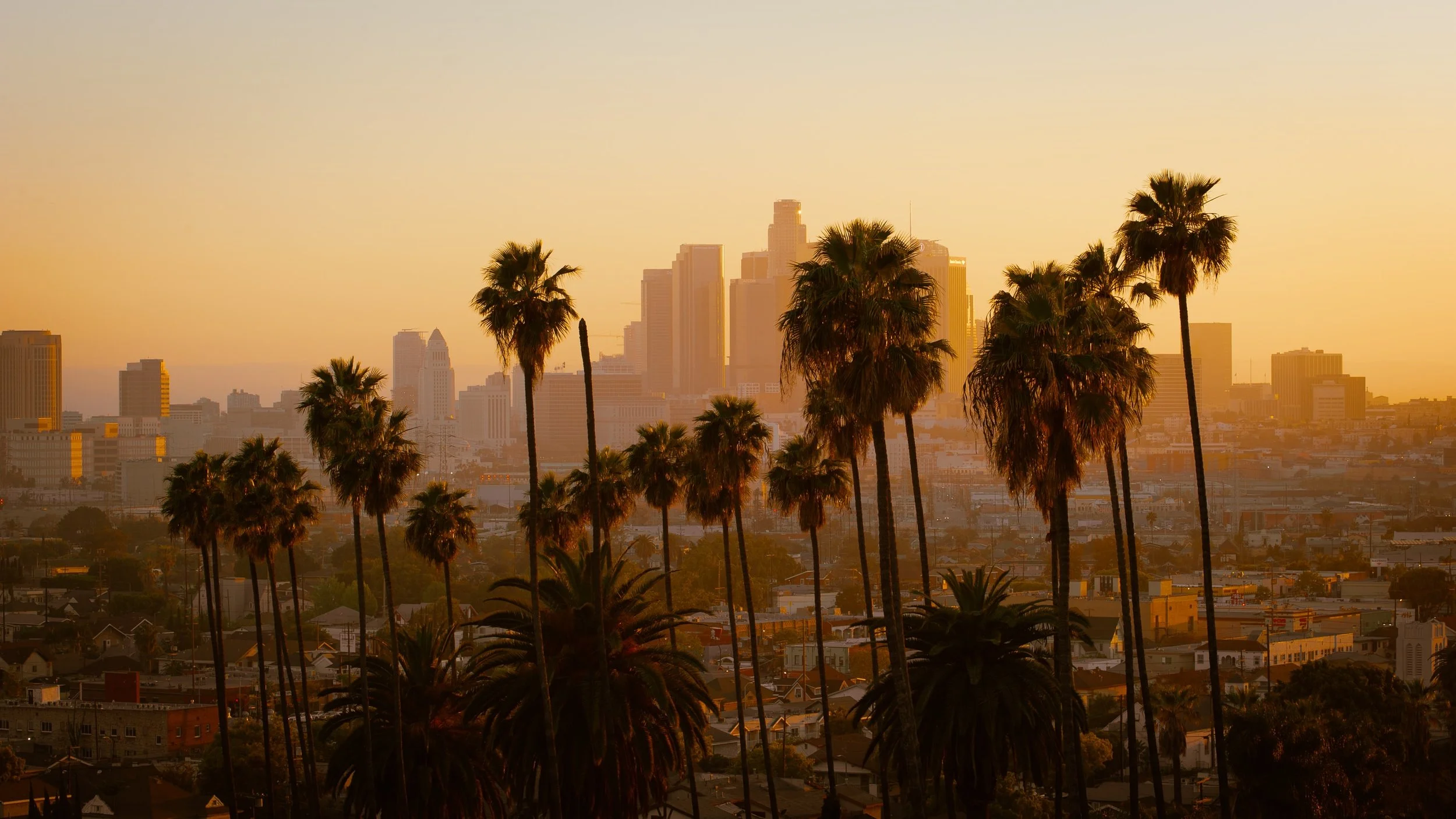
Indigenous Health Justice
Introduction
This programme focuses on the various Imaginations and Knowledges Land-Kinned Peoples bring to environmental and health justice.
From our Trans and Gender Non-Binary Health Justice Programme, we bring forward the work of Nina Rivera, who is an organiser, healer, and advocate of Trans Women's Migrant Rights. She is the recipient of our first Healing grant, where she brought together Trans Migrant Women into a space of Kinship and healing.
A report on the role nature plays in cities and the varying pathways to health and healing. It centres non-western epistemologies as guiding tools for a better, more symbiotic living with Nature.
Languages can be a powerful tool to relate to and interconnect with the natural world. Indigenous languages––those developed by First Nations Peoples––embody a deep ecological knowledge that is critical to protecting nature. Biodiversity and Indigenous languages are undeniably intertwined.
We are very proud and excited to launch this living wisdoms ecosystem. We are coining this term as Knowledges are alive, they evolve through interaction with culture, events, and time. This term also highlights that Indigenous Knowledges are still relevant and will always keep evolving to support our survival and healing.
These are working principles set forth by a group of Indigenous Peoples and Land-Kinned Peoples (IP & L-KP) who gathered in the UK. We see this both as a starting point and an evolving process. These principles are the first iteration, as they interact with more Peoples they will change and evolve.
While many would argue that there is not one Los Angeles but multiple LAs, what is less known is that there are multiple Indigenous LAs whose histories are layered into the fabric of the city.
There are disproportionately high rates of psychological and psychological distress and health disparities among Indigenous Peoples. That is, regardless of their geographical location or sociopolitical situation, health indicators are always poorer for Indigenous Peoples than for non Indigenous ones.
Indigenous Peoples are from all over the world and cover various and distinct cultures, languages, practices and knowledges. It is not a race nor is it a monolith.
Indigenous Peoples are from all over the world and cover various and distinct cultures, languages, practices and knowledges. It is not a race nor is it a monolith. Colonisation has affected Indigenous Peoples in varied and unique ways, ripping some of us from Ancestral Lands, Peoples, and culture whilst others are currently fighting to keep their territories as colonisation continues to evolve.
Capitalism is finally acknowledging that it has reached a limit to its extraction methods, it can no longer keep taking from nature without consequence. In response, capitalism is employing more sustainable practices with sustainability or green technology at the top of most corporate agendas, however this is not going to be enough. Especially, if we are to reach meaningful planetary health goals that can also have a positive impact on human health.
This report lays out how many Indigenous societies, who lived in kinship with Nature, resisted a feudal relationship with Nature, and the approaches industrialised countries and environments can take for sustainable and equitable change.
Support this Programme
If you are in a position of influence to support this programme developing please get in touch: hello@thecentriclab.com











